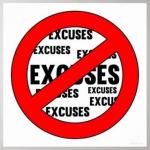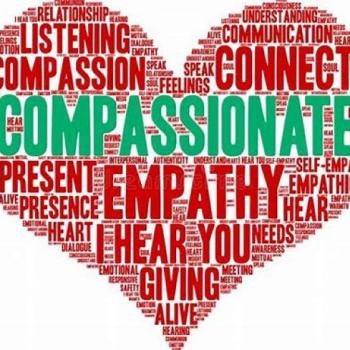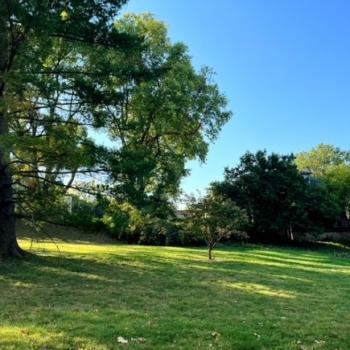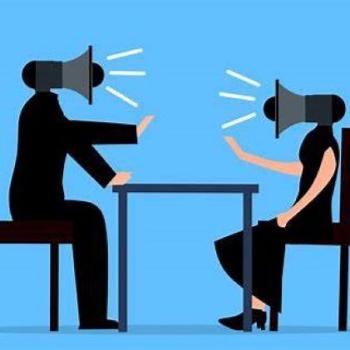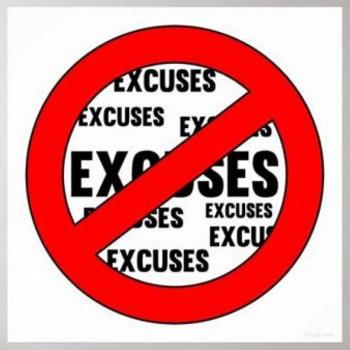I Like Making Mistakes
I like making mistakes. Okay, that’s a bald-faced lie. I should say instead that I like learning from my mistakes. While the mistakes can be painful, time-consuming, and mortifying, they allow learning from them. What do I learn from my own mistakes and others? Character.
A Little Story
We had a neighbor growing up who knew the right way to do everything. I mean it. If you asked him how to do anything, he would immediately know the right way to do your project. Car maintenance, writing a term paper, mowing a lawn, how to do your taxes…They were all in his wheelhouse.
As a younger man, he worked as a butcher and had a wife and three children—whom he talked about rarely. By the time I knew him, he was retired, his wife had left him, and he was living with his mother. He had all the time in the world to offer his sage advice, but there were rarely willing takers.
One day, I asked him, “Jim, how do you know so much about everything?” He took a few seconds and said, “Well, it’s not so much that I know everything; I say what I think—confidently, and people naturally think I know everything.” Then he got a quiet and far away look. “If I’d been a little less confident, maybe I’d still be married, and my kids would talk to me. See, I grew up poor. The only way we knew how to make an impact was to be assertive, whether we knew what we were talking about or not.”

Another Little Story
In grad school, one woman in my cohort could not get anything right on the first try. No matter what it was, a paper, a presentation, a group project… you could always count on her to flub it up and try again. She knew she had that problem and made no excuses for it.
One day, while trying to finalize a group mid-term, she made a rather large error, and I tried to graciously point it out, trying not to be too forceful about it. When she finally realized what she had done, instead of being mortified, she began to laugh! She had a wonderful giggle that turned into a full-on belly laugh. She said, “Uh-oh… humanness is showing again.”
I asked, “Humanness?’
She chortled, “Yeah, I grew up with eight brothers and sisters on a remote island in the Pacific. When any of us would make a boneheaded mistake, our mom or dad would say, ‘Your humanness is showing.’ It was a very kind way for us to know that we’re all human, we all make mistakes, it’s nothing to get upset about, and now we need to find the right way to do it.”
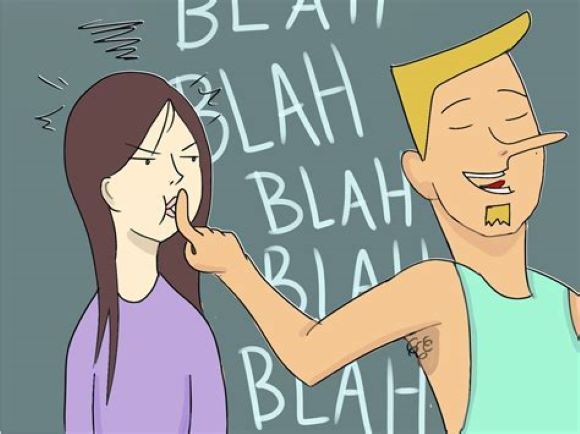
Last Little Story
I went to high school with a guy who always had ‘the swagger.’ He knew he was the hottest stuff in everything he touched and would always be that way. I lost contact with him until a few years ago. When I checked in with him, he still had the same bravado, “I’m always right” attitude, the same “Why are you questioning me?” way about him. After high school, he entered the trades instead of seeking a college degree. He made a good living, was physically worn out, and was forced into retirement early because his body gave out.
The more I spoke with him, the more I could see he never really grew out of the “I’m all that” attitude he had in high school. Whenever we’d talk about world affairs, he would tell me flat-out how things were in countries I had lived in. When I’d tell him he was wrong about specific points, he doubled down and started spewing how he was right; no one was going to tell him he wasn’t. Then, he would blame whoever or whatever was causing him to be proven wrong. As a younger man and now, he could not, and will never, accept that he might be wrong.

So What?
We are all different. We all have our own backgrounds and baggage. We all have differences in how we were raised and what was expected of us. But when we relate with people around us in a larger community, we are somehow expected to leave our personal ways behind and have a “communal self.” This is never so evident as when we make mistakes in a public forum.
Watching how people react when they make a public mistake shows their character. Do they make excuses? Do they try to lie? Do they take a beat and try to cover immediately? Or do they accept their “humanness” and move on?
Making mistakes in public is pure; it’s unrehearsed, and the reaction is visceral. You see the real essence of a person and how they will react when under pressure. And, you get to know the character of the people who see the mistake. Do they sympathize? Do they judge and accuse? Do they try to put the person at ease or laugh and point?
We will all be on both sides of the mistake coin one day, and yes, people will see your character in how you handle the situation, no matter if you are the person making the mistake or the spectator. Character is something we don’t speak about much these days, and we should. We all have leaders—in business, in neighborhoods, in churches, and in government. How do they react when they make a mistake? What do you see in their true selves, reactive selves, their deeper characters? Is it something you admire or something that makes you want to leave the situation?
I like what Proverbs 27:19 says, “As in water face reflects face, so the heart of man reflects the man.” It is in the reflection that we are known. Reflections are things seen outside of us, outside our immediate control, at a distance. It’s the idea of how a person treats a dog when no one is watching—that is the true character of that individual.
Good character isn’t judged by wealth, intelligence, or age. It’s simply doing the right thing when you don’t have time to think about it. Can a person change their character? Absolutely. Is it easy? No. But nothing worthwhile is. And that is what makes good character priceless.


